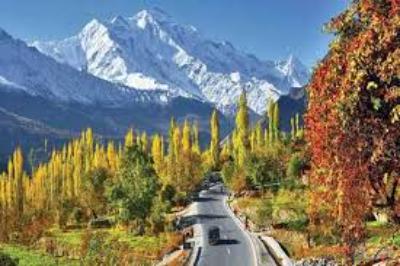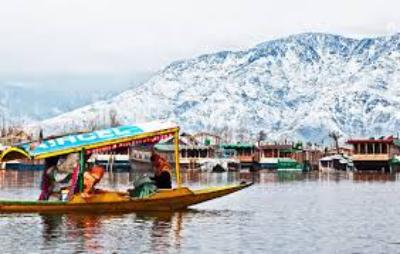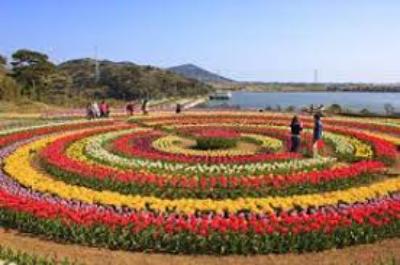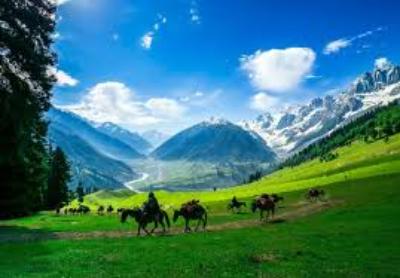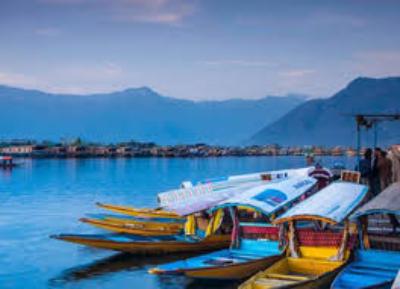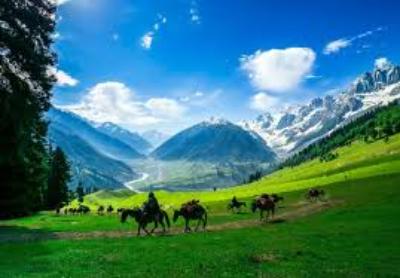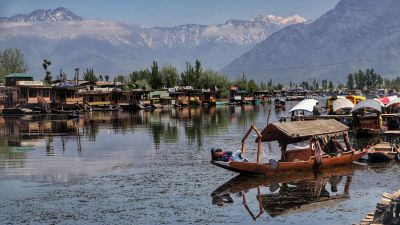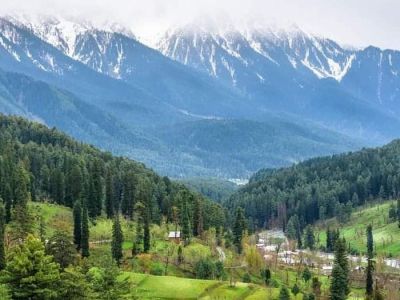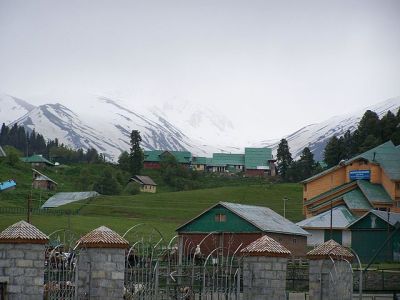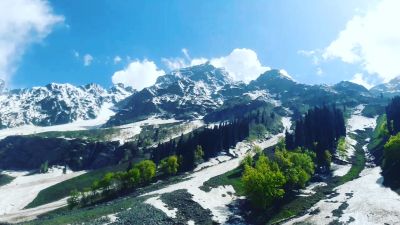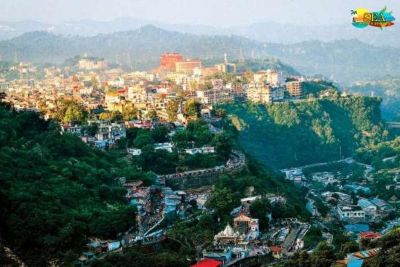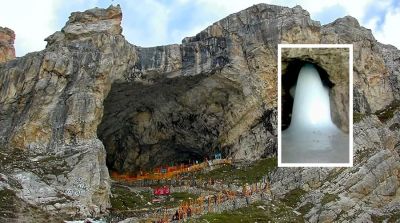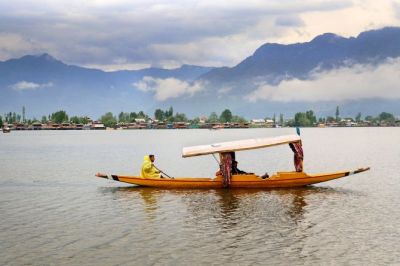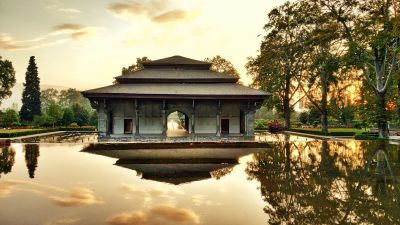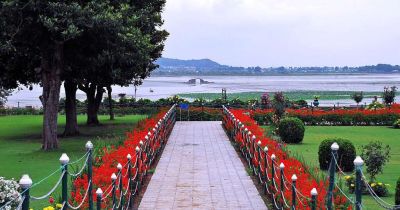Muslim Festivals in Kashmir: A Tourist's Perspective
Kashmir, often referred to as "Paradise on Earth," is not just known for its breathtaking landscapes and serene beauty, but also for its rich cultural heritage and diverse festivals. The region, with its majority Muslim population, celebrates several festivals throughout the year, each offering a unique glimpse into the vibrant Kashmiri culture and traditions. In this blog post, we will explore some of the prominent Muslim festivals celebrated in Kashmir from a tourist's perspective.
Eid-ul-Fitr
Eid-ul-Fitr, also known as Meethi Eid, marks the end of the holy month of Ramadan, during which Muslims fast from dawn to dusk. It is a festival of joy, feasting, and giving thanks to Allah for the strength and patience shown during the fasting period. In Kashmir, Eid-ul-Fitr is celebrated with great zeal and enthusiasm. The day begins with a special prayer called Namaz, which is attended by the local Muslim community. After the prayer, people visit each other's homes, exchange hugs and greetings, and indulge in delicious traditional delicacies.
For tourists visiting Kashmir during Eid-ul-Fitr, it is a great opportunity to witness the festive atmosphere and be a part of the celebrations. The streets are adorned with colorful decorations, and the markets bustle with activity as people shop for new clothes and gifts for their loved ones. Tourists can also savor mouth-watering Kashmiri dishes like Yakhni, Rogan Josh, and Wazwan, which are prepared in every household to mark the occasion.
Eid-ul-Adha
Another significant Muslim festival celebrated in Kashmir is Eid-ul-Adha, also known as Bakra Eid. It commemorates the willingness of Prophet Ibrahim to sacrifice his son as an act of obedience to Allah. On this day, Muslims offer prayers, sacrifice an animal, usually a goat or sheep, and distribute the meat among family, friends, and the less fortunate. The spirit of Eid-ul-Adha lies in sharing and caring for others, especially those in need.
During Eid-ul-Adha in Kashmir, the markets are filled with livestock like goats and sheep, which are bought by families for sacrifice. The air is filled with the sound of prayers and the aroma of delicious meat dishes being cooked in every household. Tourists can witness the sacrificial rituals, visit local markets to experience the buzz, and taste the authentic Kashmiri cuisine prepared during this festival.
Milad-un-Nabi
Milad-un-Nabi, also known as Mawlid, celebrates the birth of Prophet Muhammad, the founder of Islam. It is observed with prayers, recitation of hymns, and gatherings where the life and teachings of the Prophet are discussed. In Kashmir, Milad-un-Nabi is a time of spiritual reflection, unity, and compassion.
For tourists visiting Kashmir during Milad-un-Nabi, it is a unique opportunity to learn about the life of Prophet Muhammad and the significance of his teachings in Islam. Local mosques and shrines host special events and gatherings where visitors can participate in prayers, listen to sermons, and interact with the local Muslim community. The atmosphere is one of peace, harmony, and reverence for the Prophet's noble virtues.
Conclusion
Exploring the Muslim festivals in Kashmir offers tourists a deeper insight into the region's cultural tapestry and spiritual heritage. Whether it is witnessing the grandeur of Eid-ul-Fitr, the symbolic rituals of Eid-ul-Adha, or the spiritual essence of Milad-un-Nabi, each festival brings a unique flavor to Kashmir's rich cultural landscape. Tourists are not only able to experience the festive ambiance but also connect with the warmth and hospitality of the Kashmiri people.
So, if you are planning a trip to Kashmir, make sure to coincide your visit with one of these Muslim festivals to truly immerse yourself in the local traditions and celebrations. The vibrancy, traditions, and spirit of these festivals will undoubtedly leave you with cherished memories of your time in the beautiful realm of Kashmir.
Remember to share this post with your fellow travelers who are eager to explore the cultural festivities of Kashmir!
Disclaimer : The information provided in this blog is for general informational purposes only. While we strive to keep the content accurate and updated, TravelSetu assumes no liability for errors or omissions. If you believe any part of this blog infringes your rights or causes concern, please notify us immediately at info[at]travelsetu[dot]com so that appropriate action can be taken.
